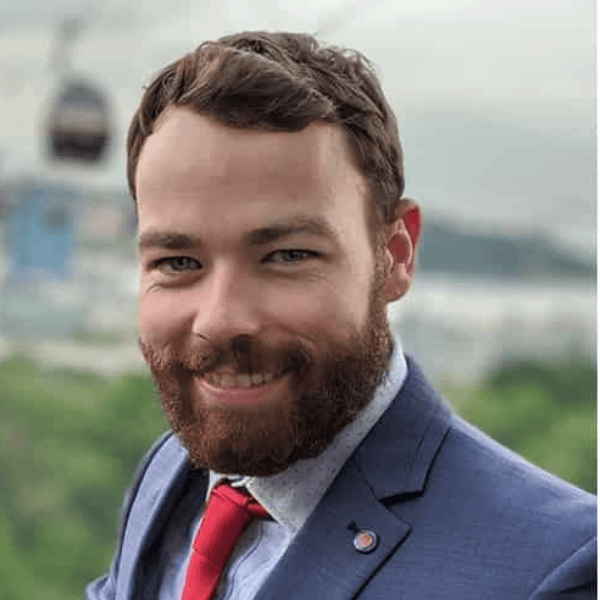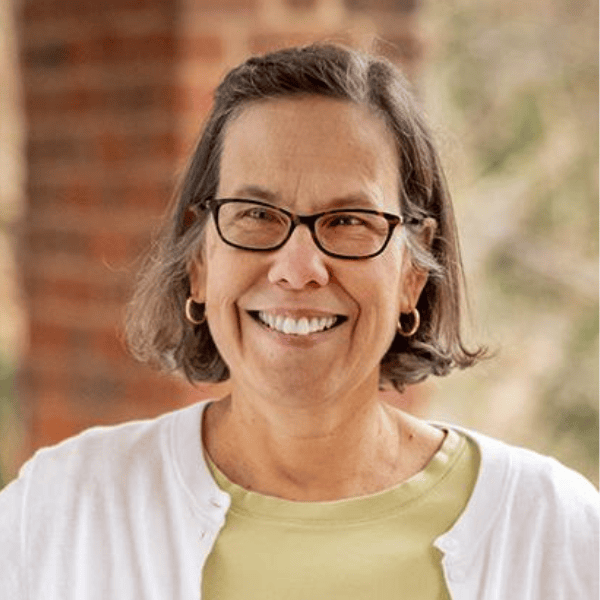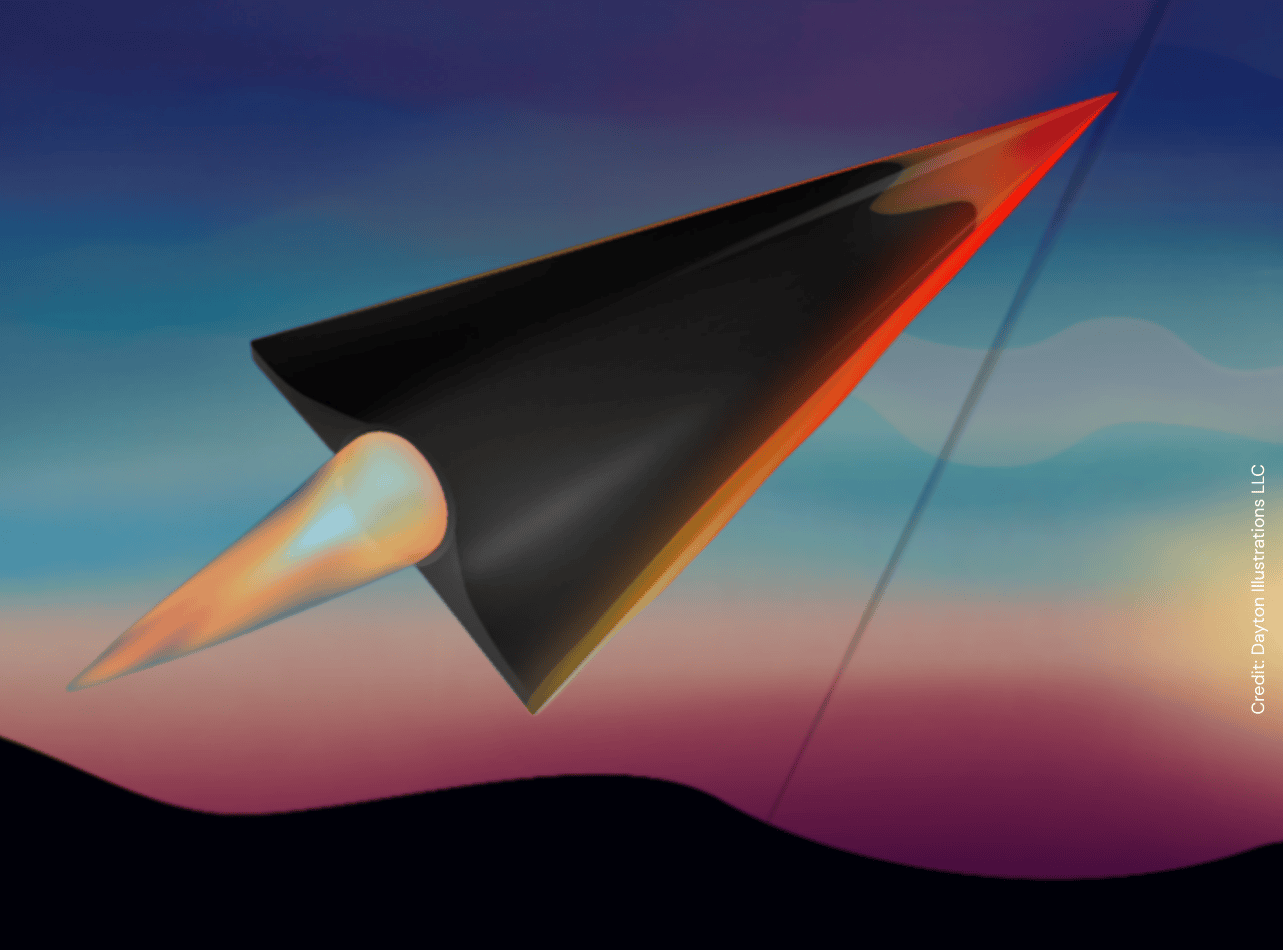Course Description
Please note: This course has been canceled for August 2025.
This course explores the critical realm of ultra-high temperature ceramics (UHTCs) and their application in hypersonic environments. Students will develop a framework for material selection in extreme conditions through thermodynamic and kinetic design principles. Using historical examples as a foundation, the course will examine how materials have been selected for nose cones, rocket nozzles, and scramjets, then apply these principles to next-generation components like leading edges and reusable parts.
The curriculum covers fundamental thermodynamics and kinetics alongside practical testing methodologies to evaluate material performance under extreme temperatures exceeding 2000°C, oxidation, erosion, and thermal shock. By course completion, students will understand the inherent challenges in manufacturing and implementing these materials—from complex densification processes to limited machinability—and gain proficiency in selecting appropriate materials for specific hypersonic applications.
Topics include:
- Fundamentals of UHTCs and extreme environments
- Thermodynamic principles for material selection
- Kinetics of material degradation and stability
- Historical case studies in hypersonics material selection
- Processing and testing methodologies
- Material selection frameworks for next-generation hypersonic components
- Challenges and future directions in UHTC implementation
Note: All course content will be based solely on public knowledge
Course Format
In-person at the UC Livermore Collaboration Center in Livermore, Calif.
2500 Greenville Rd, Livermore CA, 94550

Scott McCormack, Ph.D.
Scott J. McCormack is assistant professor of materials science and engineering at the University of California, Davis. He received a Bachelor of Engineering in materials engineering at the University of Wollongong, Australia, and a Ph.D. in materials science and engineering from the University of Illinois at Urbana-Champaign.
McCormack’s research focuses on thermochemical and thermophysical properties of materials in extreme environments for applications in hypersonic platforms, nuclear fission/fusion, and space exploration. He is a recipient of the Nuclear Regulatory Commission Faculty development award (2020), National Science Foundation Early Career Award (2021), and Excellence in Teaching Award from UC Davis College of Engineering (2023).
Outside the lab, McCormack is passionate about STEM outreach. He has served as chair of the ACerS Northern California Section since 2020.

Elizabeth Opila, Ph.D.
Elizabeth Opila is Chair and Professor of Materials Science and Engineering, the Rolls-Royce Commonwealth Professor of Engineering at the University of Virginia, with a courtesy appointment in the Department of Mechanical and Aerospace Engineering.
She is also the Director of the Rolls-Royce University Technology Center for Advanced Materials Systems at the University of Virginia. Prior to 2010, she held the position of Materials Research Engineer at the NASA Glenn Research Center in Cleveland, OH, for 19 years where she worked primarily on ceramics for applications in turbine engines, rocket engines, hot structures for thermal protections systems, and other power and propulsion applications.
Her current research focus includes understanding thermodynamic and kinetic mechanisms for material degradation in extreme environments, development of life prediction methodology based on understanding of fundamental
high temperature chemical reaction mechanisms, and materials development for protection of materials from extreme environments. She studies thermochemical stability of ceramic matrix composites, refractory metals and alloys, ultra-high temperature ceramics, and environmental and thermal barrier coatings using a variety of specialized experimental approaches, materials characterization, and computational methods.
Prof. Opila received her B.S. in Ceramic Engineering from the University of Illinois, her M.S. in materials science from the University of California Berkeley, and her Ph.D. in Materials Science from the Massachusetts Institute of Technology. She is Fellow of the American Ceramic Society and the Electrochemical Society and recipient of the 2021 American Ceramic Society’s Arthur L. Friedberg Award.
She has approximately 150 publications, is editor of 10 proceedings volumes, and co-inventor on six patents.
Member Registration Rate
$ 395
Non-Member Registration Rate
$ 495
Course Category
- Hypersonics
Related Courses
Materials for Hypersonic Applications: Materials, Properties, and Manufacturing
December 11, 2024
7:30 AM - 4:30 PM


